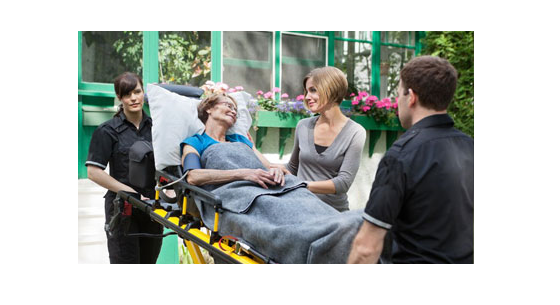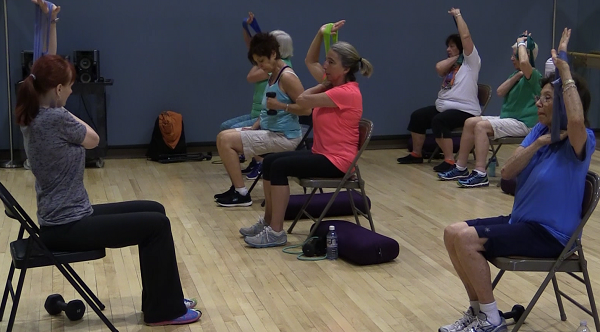
When I started Physical Therapy school, almost 20 years ago, I had a passion to help people heal. I was so excited to start my first clinical rotation and get to have first-hand experience with patients.
As part of my physical therapy evaluation, I would ask questions about the past medical history. As I would ask these questions, the patients would almost always ask one question back, “Why are you asking these questions? I have already answered them. Don’t you guys ever communicate?” Early in my career I began to wonder why health care providers don’t share valuable information with each other.
Communication between caregivers at each transition of care is vital. For example, sometimes a clinician has tried techniques that simply don’t work on a particular patient. Other times small bits of information such as; “the patient’s dog is like a family member”, or “the patient is depressed after the recent death in the family”, can keep us from getting off on the wrong foot. With proper communication we don’t waste time on treatment techniques that have already proven ineffective. We can also be forewarned of potential pitfalls in the home. Strong leadership, that encourages communication, allows us to utilize the highly talented clinicians to their highest potential.
When a home health team holds themselves accountable so that they know information up front, patient outcomes are improved. When dozens of skilled nurses and therapists team together through the different phases of care to give the patient their best, everyone benefits. Here at Life Care Centers, we are partnering with our state-of-the-art Life Care facilities to improve patient outcomes and provide a “Safe Transition” throughout their plan of care.
Editor’s Note: We thank David Dunston with Life Care Centers of America for this informative article. As one of the largest rehabilitation providers in our area, they have eight local facilities offering services in Athens, Cleveland, Collegedale, Ducktown, East Ridge, Hixson, Chattanooga and Dayton.


Comments